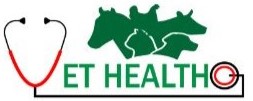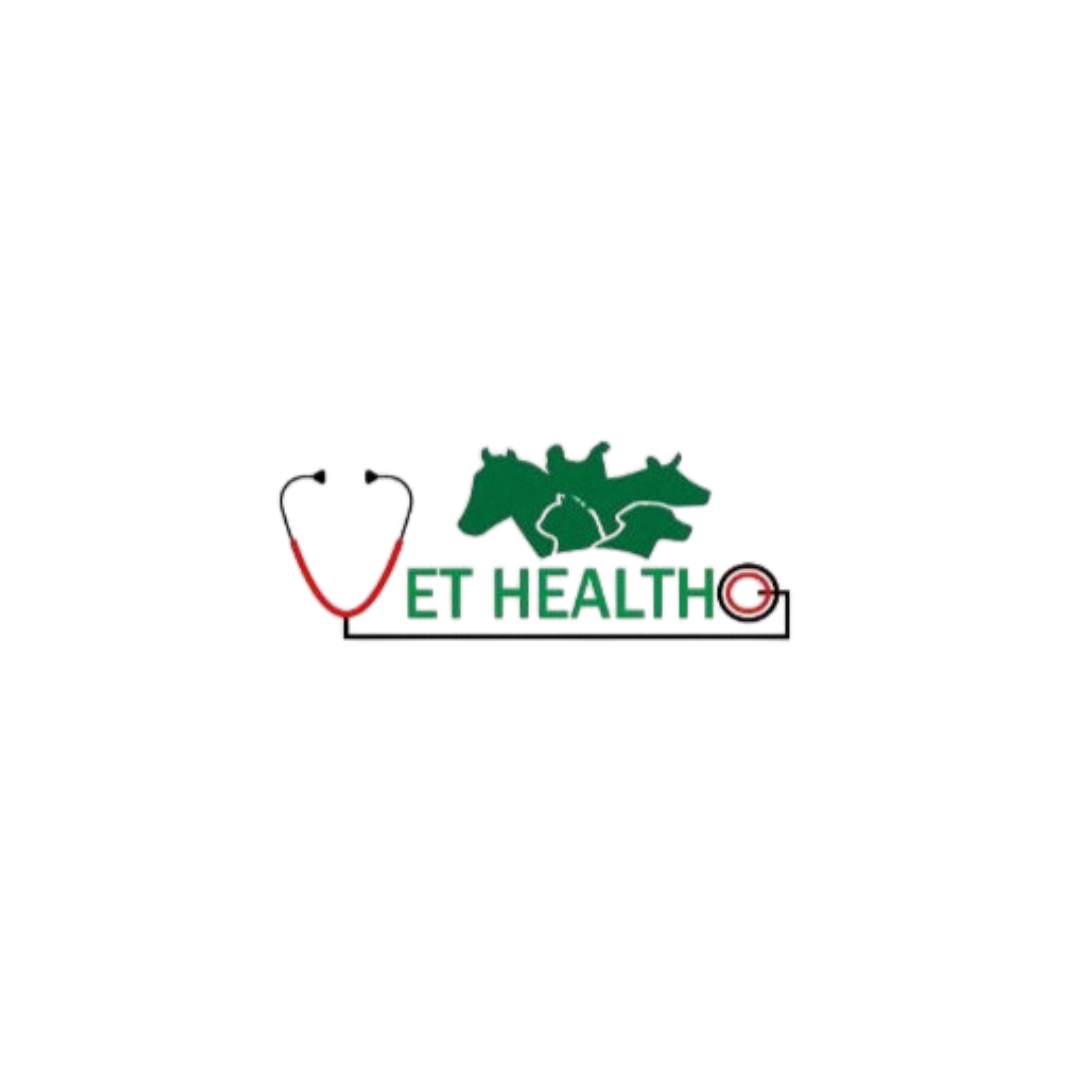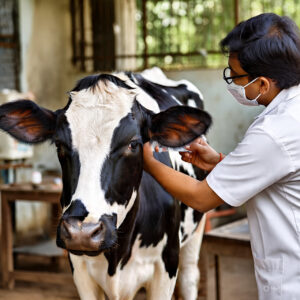Importance of Deworming in Cattle: A Key to Healthier Livestock
Keeping cattle healthy is a top priority for every dairy and livestock farmer. One of the most effective ways to ensure this is by regular deworming. Internal parasites such as roundworms, tapeworms, and flukes are common in cattle and can cause significant health issues if not addressed.
These parasites thrive in contaminated pastures and water sources, entering the cattle’s system during grazing. Once inside, they disrupt the digestion process, steal nutrients, and weaken the animal’s immune system. The result is poor weight gain, reduced milk yield, fertility issues, and even increased susceptibility to diseases.
Benefits of Deworming:
- Improved digestion and feed conversion
- Enhanced weight gain and growth in calves
- Better milk production in lactating cows
- Improved reproductive performance
- Reduced mortality rates in young stock
Deworming should be done at regular intervals—usually every 3 to 6 months—based on the farm’s geography, weather, and parasite load. It is especially important before monsoon and during the transition from summer to winter.
Best Practices for Deworming:
- Use a broad-spectrum dewormer after veterinary consultation.
- Rotate deworming drugs annually to prevent resistance.
- Deworm all animals on the same day to reduce cross-infection.
- Keep pastures clean and avoid overgrazing.
By maintaining a proper deworming schedule, farmers not only protect their animals but also improve farm productivity and profitability. Healthy cattle mean better yield, lower treatment costs, and higher returns.
Deworming in cattle is crucial for maintaining their overall health and productivity. Internal parasites such as roundworms and liver flukes can weaken the immune system, reduce feed efficiency, and lower milk production. Regular deworming boosts weight gain, enhances fertility, and reduces the risk of disease outbreaks. Farmers must follow a strategic deworming schedule under veterinary guidance, especially before and after the monsoon season when parasite infestations are high. Using broad-spectrum anthelmintics and rotating the drugs annually ensures better results. Clean hygiene practices on farms also help prevent reinfection. Timely deworming is a smart investment for healthier, more productive cattle and higher farm profitability.
https://www.avma.org/resources-tools/pet-owners/petcare/parasites-and-y




